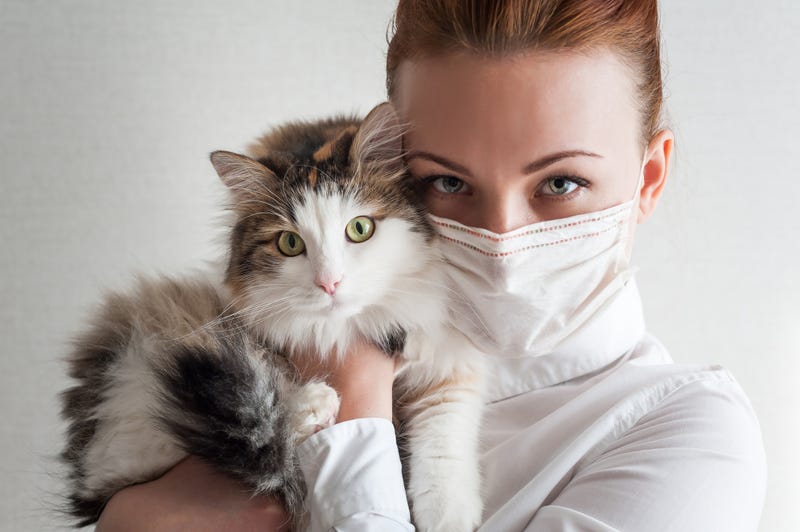
An outbreak of bird flu among domestic cats has raised some new concerns pet owners.
Since the virus began in dairy cows last year, it has proved to be fatal for cats, mainly on farms with affected herds.
However, Dr. Kate Farmer with the Minnesota Animal Humane Society says cats off the farm could also be at risk. She says keeping outside cats in for now is a good start, but a change in diet is what matter most.
"The places we get concerned about chicken or turkey or even beef are going to be the raw diets," says Farmer. "Even the commercially available ones. So the ones that you buy already prepackaged, those are still a risk factor for H5N1."
Dr. Farmer says there isn't enough evidence to say that cats can spread the bird flu to people, but its something she and other animal health providers across the country will continue to monitor.
Farmer is also providing some tips on how to protect your cat from bird flu as it persists across the country. The virus can be fatal for them. She says there are a few simple ways to prevent exposure all together.
"Exposure to birds and cows are kind of the big sources for cats," Farmer said. "Ideally cats would be kept indoors. If you do have an outdoor cat, that's a hard situation. It's going to be hard to keep them away from wild birds. But do you can to keep them indoors."
She also says besides taking cats off a raw diet, keeping them away from any kind of raw poultry and beef will also lower their risk for infection.
